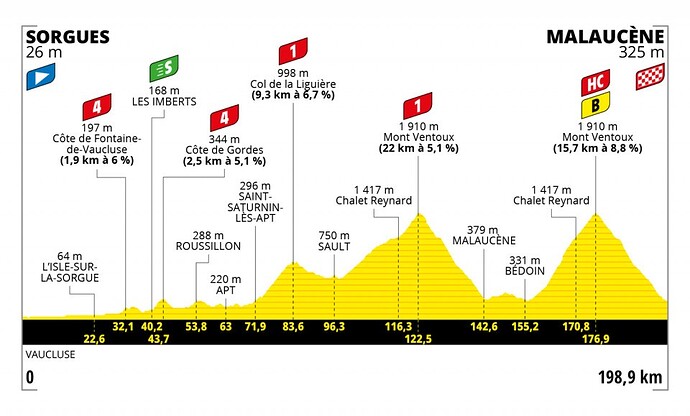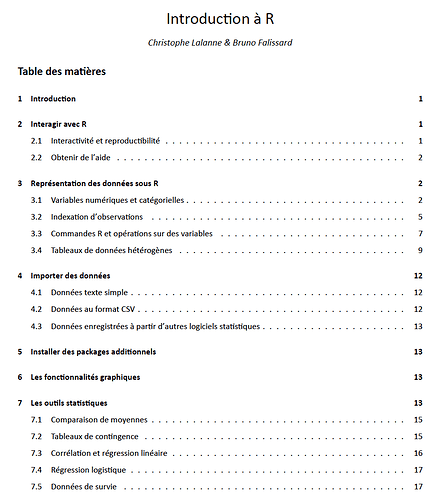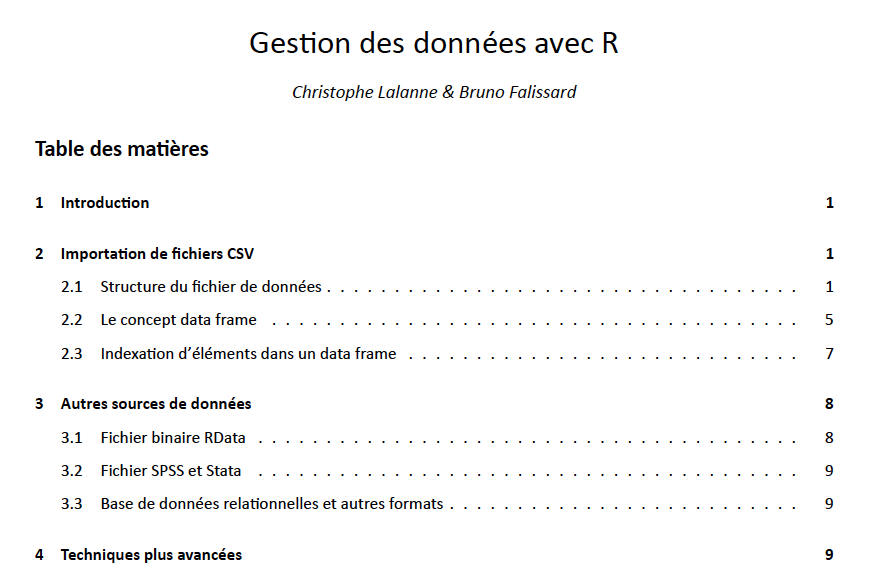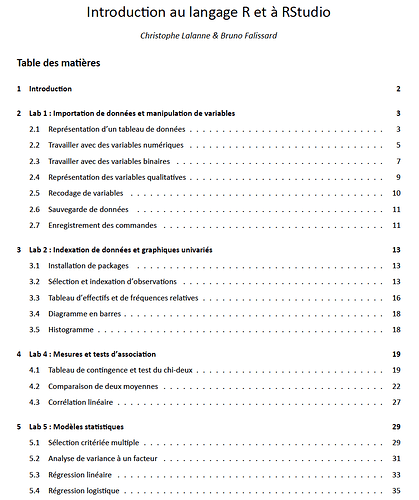Almost finished the course! I still need to complete the wrap up quiz #7, a perfect way to be in sync with the on-going Tour de France 2021 and its mountainous stage 11 with Mont Ventoux.
Like many participants, I want to congratulate the pedagogical team and INRIA for putting such a high quality Machine Learning / Python / tabular data course. I have done quite a few MOOCs and in-person professional education courses but it is by far the most thorough and demanding course I have completed – the nights of the past seven weeks have not been easy! This course is equivalent to a university semester course, I think. One would hope that the team would put another course (e.g. non-tabular data, deep learning, etc.) but I have noticed that there is usually no “sequels” to a high quality course, as all the energies and enthusiasm of the team may have possibly gone into producing that first MOOC.
What you get from the course is commensurate with what you put in. From the results of the last two polling questions at the end of each quiz, I think I may have spent too much time on each lesson compared to other participants but it was well worth it (although, I would think that the completion time estimates are off by 30% - 50%; or maybe I am rusty, perhaps twice the average age of other participants, and for sure I was new to Python and its environment). I have preciously saved each notebook and, after another round of going through these notes, I may feel quite comfortable with all the course content and my ability to develop some relevant ML models.
Thanks again to INRIA for this great course.


 (it was not at all).
(it was not at all). . La traduction en anglais:
. La traduction en anglais:

